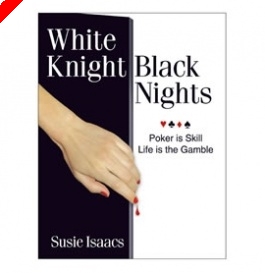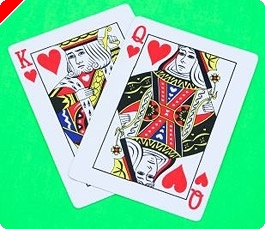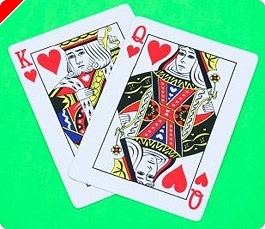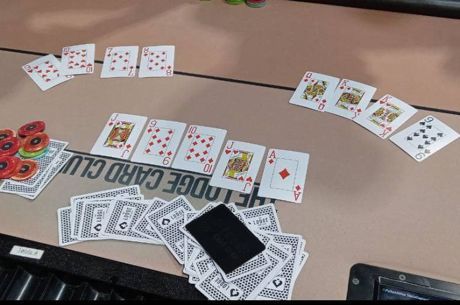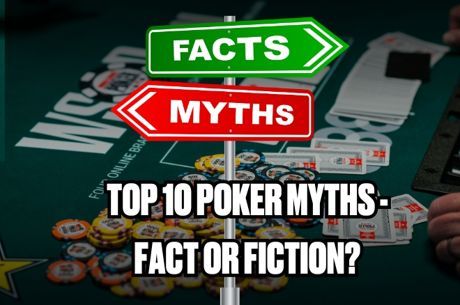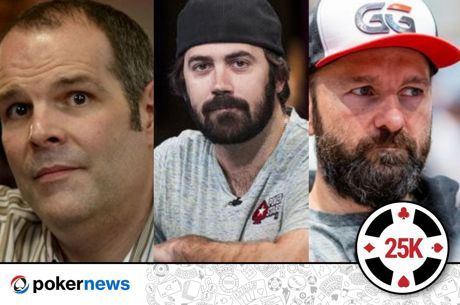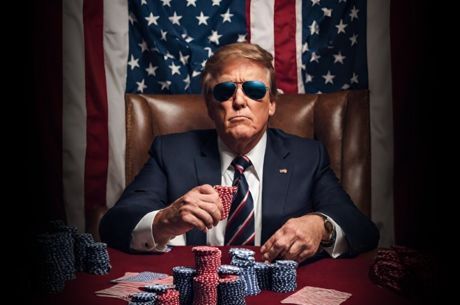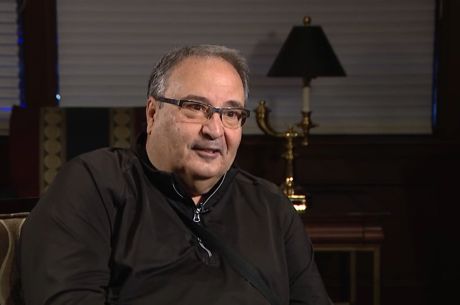Book Review: 'Your Best Poker Friend: Increase Your Mental Edge' by Dr. Alan Schoonmaker
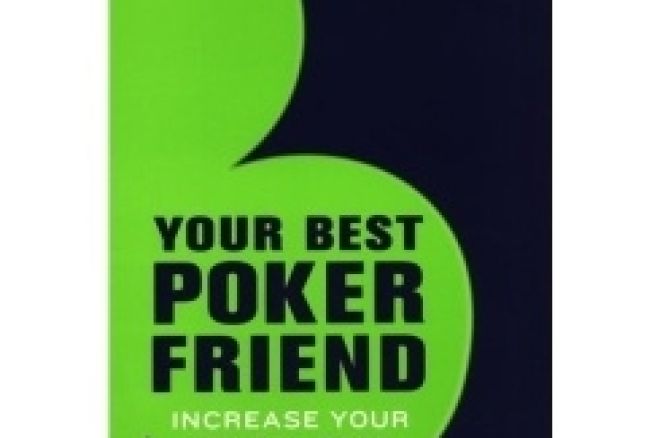
"The poker culture is still anti-introspective," claims Dr. Alan Schoonmaker, author of Your Best Poker Friend: Increase Your Mental Edge. "Poker players focus on learning strategy and reading other people, not on looking at themselves." With Your Best Poker Friend, Schoonmaker continues with his efforts to counter that trend, offering readers numerous useful strategies for increasing their self-knowledge �� and thus, hopefully, their edge at the table.
Your Best Poker Friend further explores themes and concepts previously introduced by Schoonmaker in The Psychology of Poker, Your Worst Poker Enemy, and his CardPlayer columns (where some material included here first appeared). In his new book, Schoonmaker continues to identify and explain various emotional and psychological forces that affect poker players' decisions and actions, as well as suggest valuable strategies for understanding and/or counteracting those forces where necessary.
As with Schoonmaker's other books, Your Best Poker Friend is not for players without some prior experience with the game. He assumes a basic understanding of strategic principles �� for those in need, he provides a list of recommended texts �� and instead tries to provide help in areas other poker writers tend to neglect. "My goal is to help you think logically about psychological issues that most poker writers have ignored or minimized," says Schoonmaker.
The importance of thinking logically, as opposed to relying solely on intuition or 'feel' to understand either the game or how it tends to be played, is the premise upon which Schoonmaker bases most of his advice in both Enemy and Friend. Using logic to explain the sources of emotional or irrational behaviors at the table is, of course, challenging, but immensely useful. "You must ruthlessly analyze yourself," Schoonmaker repeatedly insists, if you ever hope to realize your potential as a player.
Anyone familiar with Schoonmaker's columns or poker podcasts knows he is himself an avid reader of poker literature. Frequent allusions to other writers' words and ideas prove especially helpful in Your Best Poker Friend, both to clarify certain concepts and to help distinguish Schoonmaker's contributions from those of others. Schoonmaker is also himself an editor of poker books, so it is not surprising to find Your Best Poker Friend an especially well-organized read.
Part One of Friend, titled "Getting and Using Information," offers valuable, concrete advice about how to become a better student of the game �� and of yourself. Here Schoonmaker draws on his background as a teacher to suggest effective learning strategies. For those truly hoping to understand themselves and the game, it is vital to "learn actively." Thus does Schoonmaker recommend activities that force one to take an active role in one's learning, such as self-reflective writing, note-taking, participating in discussion groups, and soliciting other forms of feedback and/or coaching. He even invites the reader, after each chapter, to take a reading quiz in order to help reinforce the lessons being advanced.
Part Two, "Increasing Your Edge," takes a number of those emotional and psychological forces discussed in Enemy and considers how to benefit from recognizing them operating in one's opponents. There's an especially useful discussion here about the psychology of first impressions (and how creating false first impressions can reap rewards later on), as well as insights regarding how to deal with poor players, the relative importance of competitiveness, how to handle rushes, and tilting.
Part Three contemplates the question "Should You Play No-Limit Hold 'em?" At first glance, the subject might appear a detour from the main topic, but it soon becomes evident that no-limit hold 'em particularly highlights and even exaggerates many of the emotional and psychological issues discussed thus far. Here Schoonmaker begins by encouraging readers to consider their own skills, mental abilities, and psychological traits in order to determine how suited they might (or might not) be for the special challenges NLHE presents. From there Schoonmaker pursues a lengthy contrast between NLHE and limit games, with specific guidelines for reading and adjusting to players, game and seat selection, and making the transition.
Finally, in Part Four, "Developing Yourself," Schoonmaker provides poker players a step-by-step plan for accomplishing long-term goals. Following a discussion about the several factors one should consider before attempting to move up in stakes and/or make a greater commitment to poker, Schoonmaker outlines a comprehensive "Poker Improvement Plan" for setting goals and monitoring progress.
That focus on the long term is the primary difference between Schoonmaker's new book and its precursor, Your Worst Poker Enemy. Whereas Enemy concentrated more on the immediate problem of understanding and dealing with one's own emotions, prejudices, values, and stressors, Your Best Poker Friend highlights ways to take that understanding and move forward as a player and as a person. That is to say, while in Your Worst Poker Enemy Dr. Al told us to "get real" and stop denying who we are and what motivates us at the poker table, in Your Best Poker Friend, he shows us how to "get real good" and start taking our self-knowledge and making poker a profitable �� and positive �� part of our lives.

